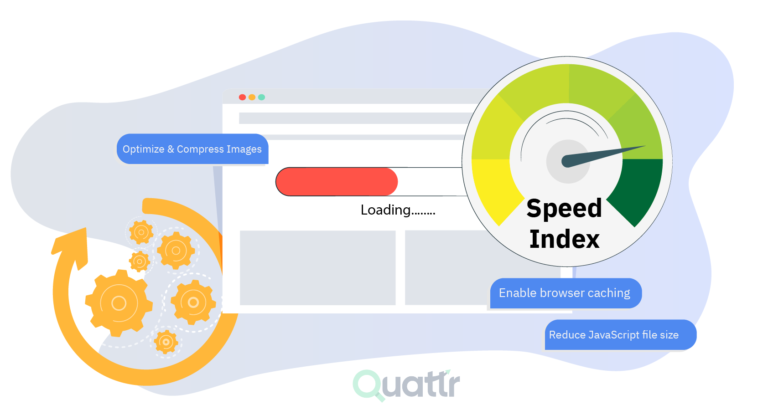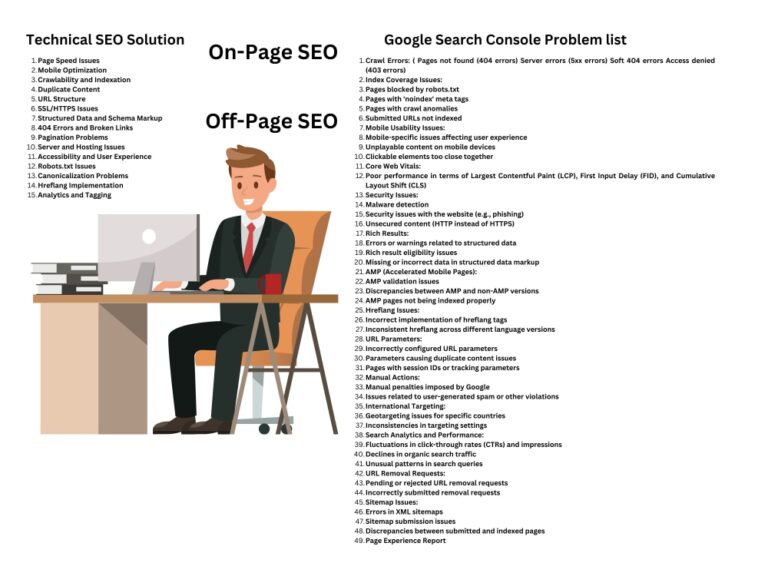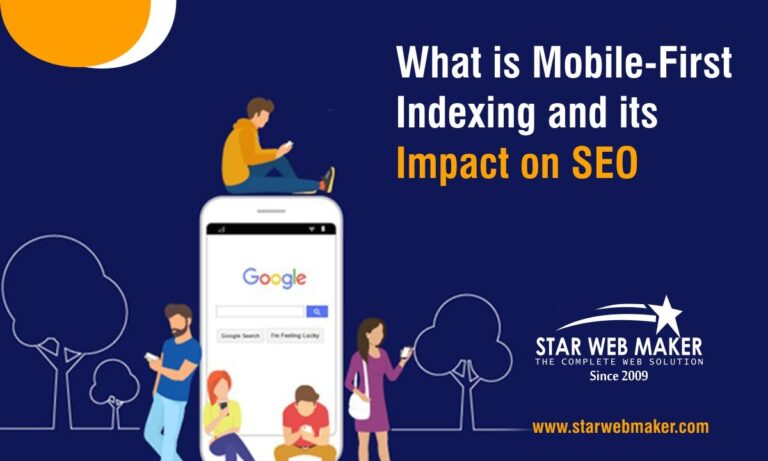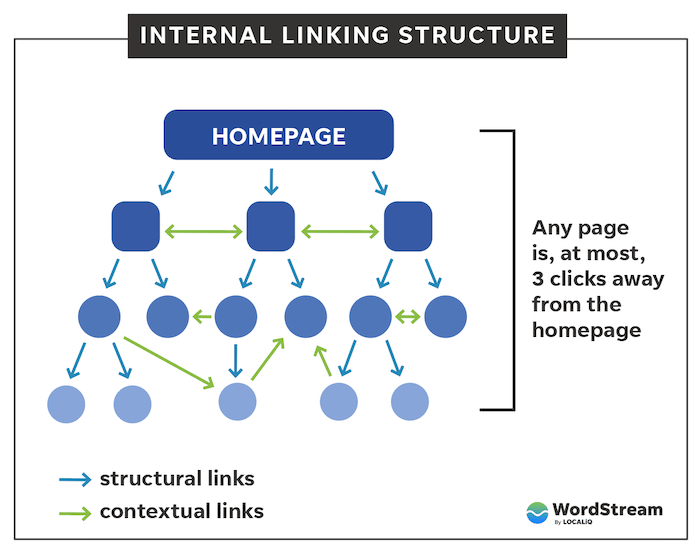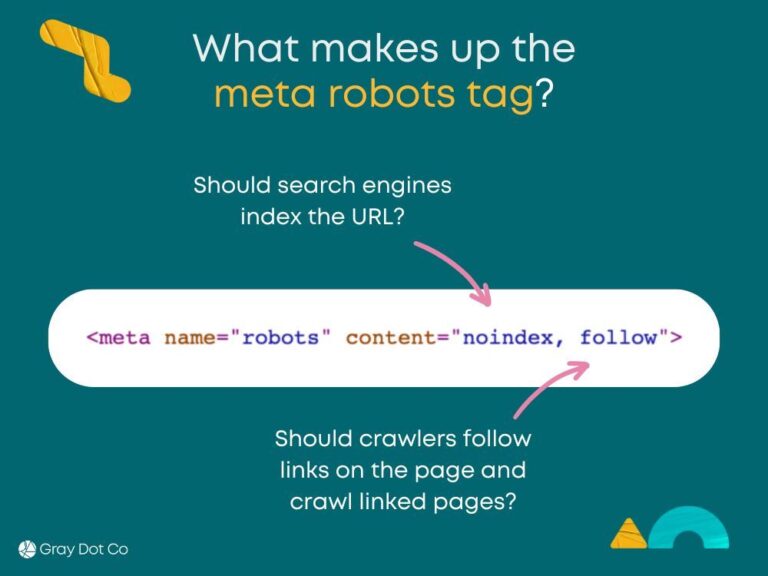Google algorithm updates directly influence how websites are indexed by altering ranking factors. These changes can lead to fluctuations in visibility and search traffic.
Understanding Google’s algorithm updates is essential for website owners and digital marketers. These updates aim to improve user experience by prioritizing high-quality content. Changes can affect indexing, leading to increased or decreased rankings for your site. Staying informed about these updates helps you adapt your SEO strategy effectively.
Websites that align with Google’s evolving standards often see better performance in search results. Ignoring these changes can result in lost traffic and visibility. Regularly monitoring your site’s performance and making necessary adjustments can help maintain your ranking and ensure your content reaches the right audience.
Introduction To Google Algorithm Influence
Google’s algorithm shapes how websites are indexed. This process determines which sites appear in search results. A small change can impact rankings significantly. Understanding this influence is crucial for website owners.
The Role Of Algorithms In Seo
Algorithms are sets of rules that guide search engines. They help identify and rank content. Key roles of algorithms include:
- Assessing quality: Algorithms evaluate the quality of content.
- Determining relevance: They measure how well content matches user queries.
- Enhancing user experience: Algorithms promote websites that load quickly.
- Filtering spam: They reduce the visibility of low-quality sites.
Algorithms evolve to meet user needs. They consider various factors, such as:
- Keyword usage
- Backlinks
- User engagement metrics
- Mobile-friendliness
Historical Perspective On Updates
Google’s algorithm has changed many times. Each update aims to improve search results. Key historical updates include:
| Update Name | Year | Impact |
|---|---|---|
| Panda | 2011 | Targeted low-quality content |
| Penguin | 2012 | Focused on spammy backlinks |
| Hummingbird | 2013 | Improved understanding of queries |
| RankBrain | 2015 | Introduced machine learning |
| Bert | 2019 | Enhanced natural language processing |
These updates have reshaped SEO strategies. Staying informed about changes is essential. Failing to adapt can result in decreased visibility.
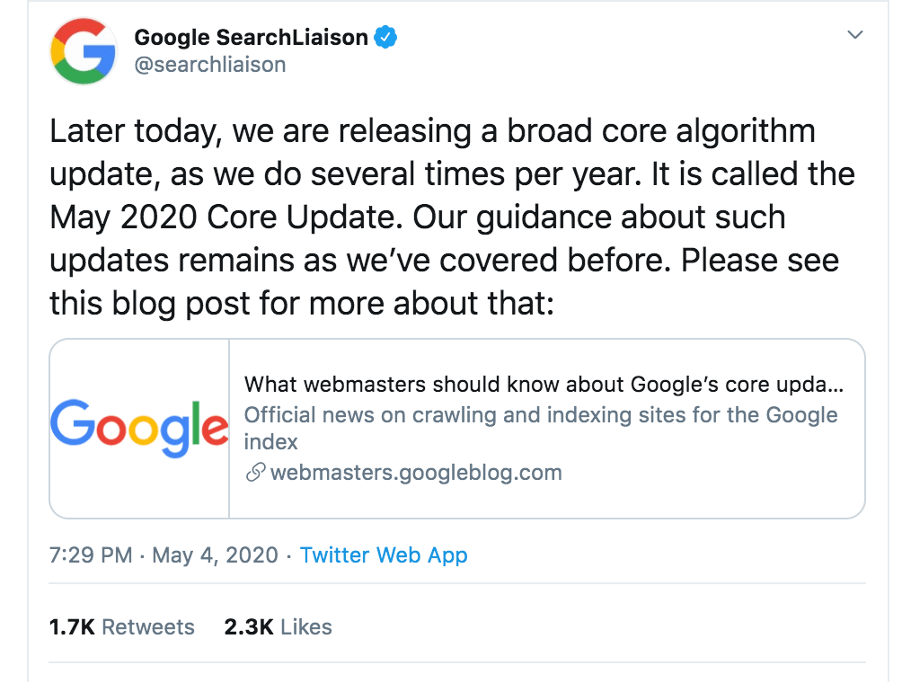
Decoding Google Algorithm Updates
Understanding Google’s algorithm updates is crucial for website owners. These updates shape how sites get indexed. They affect visibility and traffic. Keeping track of these changes can help improve your online presence.
Key Updates And Their Impact
Google regularly rolls out updates. Each update aims to improve search results. Here are some significant updates and their impacts:
| Update Name | Release Date | Impact |
|---|---|---|
| Panda | February 2011 | Reduced low-quality content rankings. |
| Penguin | April 2012 | Punished sites with spammy backlinks. |
| Hummingbird | August 2013 | Improved understanding of search queries. |
| Mobilegeddon | April 2015 | Boosted mobile-friendly sites in search. |
| BERT | October 2019 | Enhanced natural language processing. |
Understanding Google Algorithm Update Announcements
Google communicates updates through official channels. The Search Central Blog is a key source. Follow these platforms for timely news:
- Google Search Central Blog
- Twitter account @GoogleSearch
- Search Console notifications
Updates often bring significant changes. They can affect website rankings. Staying informed helps you adjust your strategies.
- Monitor updates regularly.
- Analyze your website’s performance.
- Make necessary adjustments based on changes.
Understanding these updates helps in effective SEO strategies. Focus on quality content and user experience. This ensures better indexing and visibility.
Major Google Updates Explained
Google regularly updates its algorithms. These updates can greatly affect how websites are indexed. Understanding these updates helps improve website performance. Here are two major updates to know about.
Panda And Content Quality
The Panda update first appeared in 2011. It aimed to improve content quality across the web. Websites with low-quality content faced penalties. High-quality content received better rankings.
- Focus on original content.
- Avoid duplicate content.
- Ensure content is valuable to users.
Key factors to consider:
| Factor | Description |
|---|---|
| Relevance | Content must relate to user searches. |
| Engagement | Content should keep users interested. |
| Readability | Text must be easy to read and understand. |
Penguin And Link Quality
The Penguin update launched in 2012. It focused on improving link quality. Websites using spammy links were penalized. Only sites with genuine, high-quality backlinks thrived.
Here are key points regarding link quality:
- Build natural backlinks.
- Avoid link farms.
- Focus on relevant websites for links.
Important link quality factors include:
| Factor | Description |
|---|---|
| Authority | Links should come from trusted sites. |
| Diversity | Links must come from various sources. |
| Anchor Text | Use relevant keywords in anchor text. |
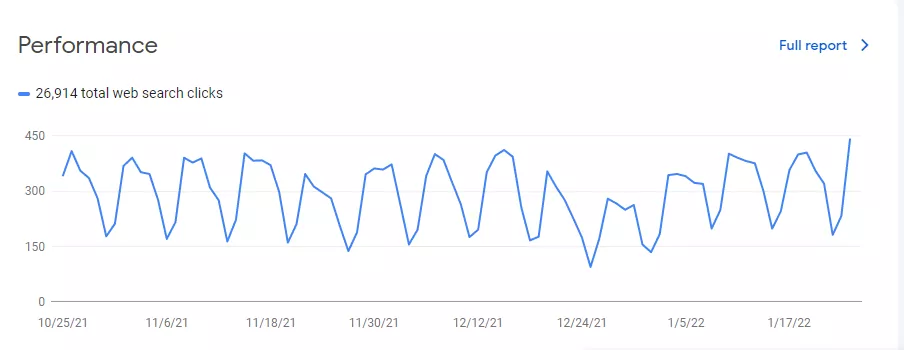
How Google Algorithm Changes Affect Websites
Google’s algorithm updates directly impact how websites are indexed. These changes can shift rankings dramatically. Websites may gain or lose visibility based on these updates. Understanding this impact is crucial for SEO strategies.
Webmasters must adapt to maintain their search engine positions. Frequent changes lead to uncertainty. Keeping up with these updates is essential for success.
Case Studies Of Seo Adjustments
Several websites have had to adjust their SEO strategies after algorithm updates. Here are some notable examples:
| Website | Update | Adjustment Made | Result |
|---|---|---|---|
| ExampleSite1.com | Core Update | Improved content quality | Ranked higher |
| ExampleSite2.com | Mobile Update | Enhanced mobile responsiveness | Increased traffic |
| ExampleSite3.com | Panda Update | Removed low-quality content | Reduced penalties |
Analyzing Winners And Losers Post-update
Each algorithm update creates winners and losers. Here’s how to analyze these shifts:
- Winners: Websites that improved their content and user experience.
- Losers: Sites with outdated information or low-quality backlinks.
- Key Metrics:
- Traffic changes
- Keyword rankings
- User engagement rates
Understanding these dynamics helps in adjusting SEO strategies. Websites can maintain their competitiveness by focusing on quality and user experience.
Adapting Seo Strategies Post-update
Google frequently updates its algorithm. Each change affects how websites rank and get indexed. Adapting your SEO strategies is crucial for success. Understanding these changes helps maintain visibility.
Content Optimization Techniques
Quality content remains king. Focus on these content optimization techniques:
- Keyword Research: Identify high-traffic keywords.
- Content Relevance: Ensure content aligns with user intent.
- Readability: Use simple language and short sentences.
- Internal Linking: Link to relevant pages within your site.
- Freshness: Update content regularly to keep it current.
Use tools like Google Analytics and Search Console. Monitor performance and adjust accordingly.
Building Quality Backlinks
Quality backlinks enhance your site’s authority. Focus on these strategies:
- Guest Blogging: Write articles for reputable sites.
- Networking: Connect with industry leaders.
- Social Media: Share content on platforms to increase visibility.
- Content Marketing: Create shareable content like infographics.
- Local Listings: Ensure accurate business information across directories.
Analyze your backlink profile regularly. Remove low-quality links that harm your ranking.
| Strategy | Description | Benefits |
|---|---|---|
| Guest Blogging | Writing for other sites. | Builds authority and reach. |
| Networking | Connecting with influencers. | Opens collaboration opportunities. |
| Content Marketing | Creating engaging content. | Encourages sharing and backlinks. |
Adjusting your SEO strategies post-update is vital. Stay informed and proactive for the best results.
Tools To Monitor Google Algorithm Updates
Monitoring Google’s algorithm updates is vital for SEO success. It helps you adapt your strategies quickly. Several tools can assist in tracking these changes effectively. Let’s explore the best options available.
Seo Software And Analytic Tools
Many SEO software tools can help you monitor algorithm updates. Here are some popular options:
- SEMrush: This tool provides insights into website performance. It tracks keyword rankings and traffic changes.
- Ahrefs: Ahrefs offers backlink analysis. It helps monitor how updates impact your link profile.
- Moz: Moz keeps track of keyword rankings. It also provides SEO insights and recommendations.
- Rank Ranger: This tool focuses on tracking ranking fluctuations. It alerts you to significant changes promptly.
| Tool | Key Features |
|---|---|
| SEMrush | Keyword tracking, traffic analytics |
| Ahrefs | Backlink analysis, SEO insights |
| Moz | Keyword rankings, SEO recommendations |
| Rank Ranger | Ranking alerts, performance tracking |
Using Google’s Own Resources
Google provides valuable resources to monitor updates. These resources are essential for any SEO strategy. Key tools include:
- Google Search Central Blog: This blog announces major updates. Stay informed about algorithm changes here.
- Google Search Console: This tool offers insights into your website. It helps track indexing issues and penalties.
- Google Trends: This shows how search behavior changes. Use it to understand the impact of updates on search queries.
Utilizing these tools helps you stay ahead. They provide insights into how updates affect your website’s performance. Regular monitoring allows for quick adjustments in your SEO strategy.
Future-proofing Your Site Against Algorithm Changes
Google’s algorithm updates can shake up how websites rank. Staying ahead of these changes is vital for success. Future-proofing your site means ensuring it remains relevant and visible. Focus on key strategies that build resilience against shifts in Google’s guidelines.
Emphasizing E-a-t Principles
E-A-T stands for Expertise, Authoritativeness, and Trustworthiness. These principles are crucial for high rankings. Google values content that demonstrates:
- Expertise: Provide accurate and well-researched information.
- Authoritativeness: Establish yourself as a leader in your field.
- Trustworthiness: Build credibility through transparent practices.
To enhance E-A-T:
- Show credentials and qualifications in your niche.
- Use credible sources for information and data.
- Encourage user reviews and testimonials.
Incorporate these elements on your website. This approach makes your site more favorable during algorithm updates.
Staying Ahead With Continuous Learning
SEO is always changing. Staying updated with the latest trends is essential. Consider the following strategies:
- Follow SEO blogs for insights and updates.
- Attend webinars and workshops.
- Join online forums and communities.
Use tools like Google Analytics to monitor your site’s performance. Adjust your strategies based on data. Continuous learning helps you adapt quickly to any algorithm changes.
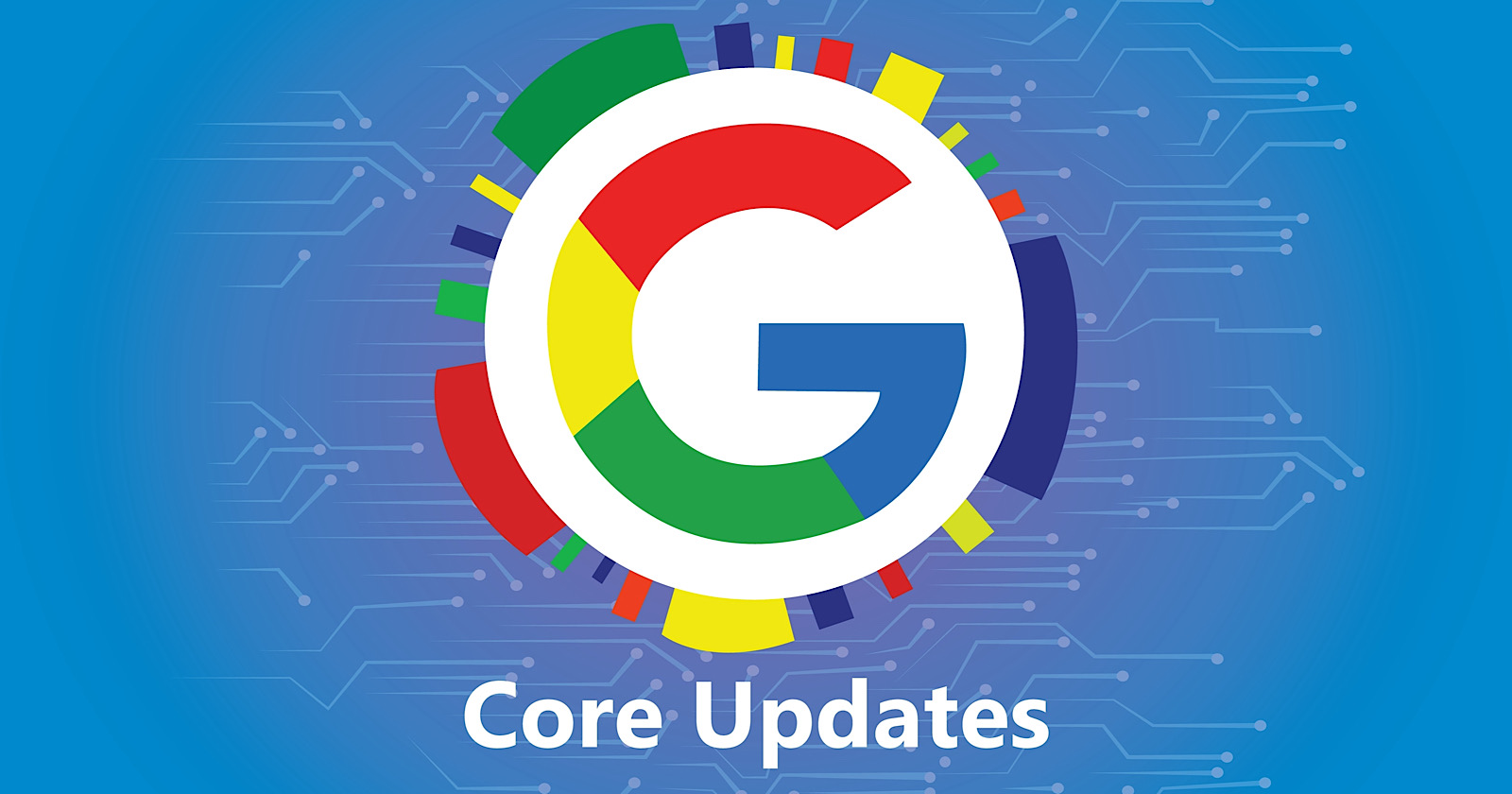
Conclusion: Staying Agile In A Dynamic Seo Landscape
Google’s algorithm updates are constant. They shape how websites are indexed. Staying agile is crucial. Websites must adapt to these changes to thrive.
Key Takeaways From Google’s Algorithm Evolution
- Frequent Updates: Google updates its algorithms multiple times each year.
- Focus on Quality: Content quality matters more than ever.
- User Experience: Websites must provide a great user experience.
- Mobile Optimization: Mobile-friendly sites rank higher.
- Semantic Search: Understanding user intent is key.
These points highlight the importance of keeping up with changes. Ignoring them can lead to a drop in rankings.
The Ongoing Journey Of Seo Adaptation
SEO is not static. It requires continuous learning. Here are some steps to stay ahead:
- Monitor Updates: Keep track of Google’s updates.
- Analyze Performance: Use tools to evaluate your site’s performance.
- Adjust Strategies: Change SEO strategies based on findings.
- Engage with Community: Join forums or groups to share insights.
- Invest in Training: Learn about new SEO practices regularly.
Adapting to these changes is an ongoing journey. Make it a part of your SEO strategy.
Frequently Asked Questions
How Do Google’s Algorithm Updates Affect Indexing?
Google’s algorithm updates significantly influence how websites are indexed. These updates can change the criteria for ranking, impacting visibility in search results. When algorithms evolve, websites must adapt their content and SEO strategies to maintain or improve their indexing status.
What Are The Most Recent Google Algorithm Updates?
Recent updates include core updates and specific adjustments like the Page Experience update. Core updates typically focus on improving content relevance and quality. Keeping track of these updates helps webmasters understand changes in indexing and ranking dynamics.
How Can I Prepare For Google Algorithm Updates?
To prepare for updates, focus on creating high-quality, relevant content. Regularly audit your website’s SEO practices and ensure it adheres to Google’s guidelines. Additionally, stay informed about upcoming updates to adjust your strategies proactively.
What Factors Influence Website Indexing By Google?
Factors influencing indexing include content quality, website structure, and backlinks. Google favors websites that provide valuable, relevant information. Ensuring fast loading times and mobile-friendliness also enhances the chances of better indexing.
Conclusion
Understanding Google’s algorithm updates is essential for website owners. These changes directly influence how your site gets indexed. Staying informed helps you adapt your strategies effectively. Regularly monitoring your site’s performance can lead to improved visibility. Prioritizing quality content and user experience will ensure your website remains competitive in search results.


